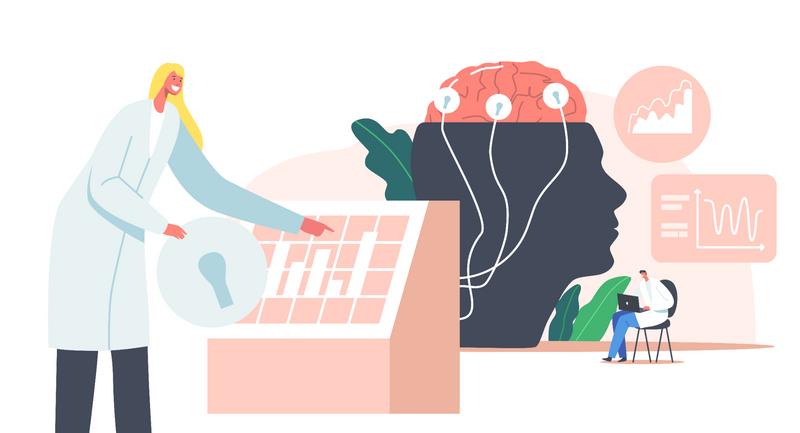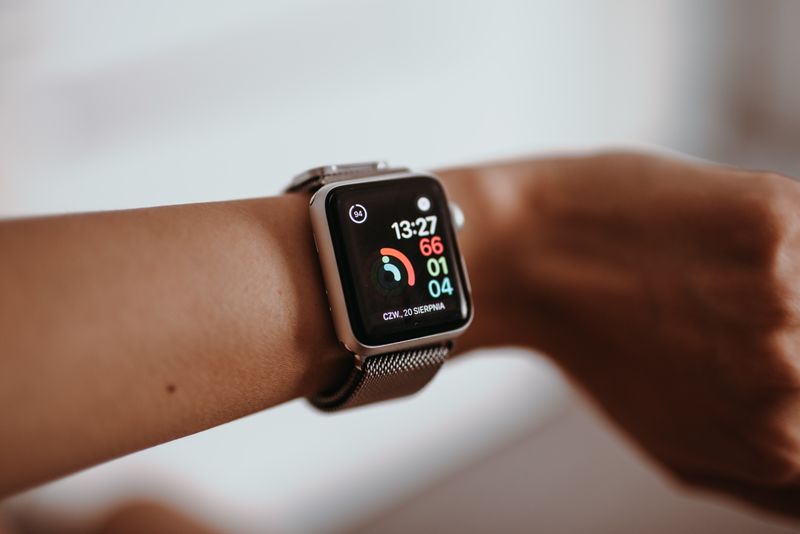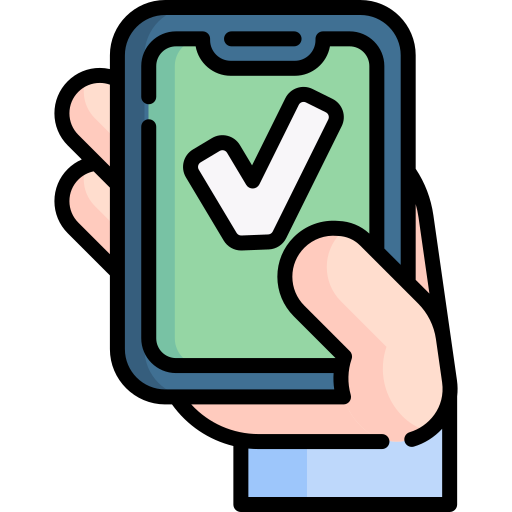
This logo isn't an ad or affiliate link. It's an organization that shares in our mission, and empowered the authors to share their insights in Byte form.
Rumie vets Bytes for compliance with our
Standards.
The organization is responsible for the completeness and reliability of the content.
Learn more
about how Rumie works with partners.
Zoe has finals next week and is feeling stressed out. One final is half her grade! Just thinking about it makes her heart beat faster, her palms sweaty, and her breathing irregular. But she doesn't notice any of these things taking place — she just feels anxious!

Biofeedback can help Zoe (and you!) deal with stress. Biofeedback helps increase your awareness of reactions in your body so you can control them.
What is Biofeedback?
Train your brain to control your body's automatic stress responses with biofeedback.
Biofeedback uses technology so you can see how your body reacts to stress, such as a visual of your heart rate on a monitor, and teaches you how to control these reactions.
Biofeedback was originally used to treat different physical and mental health concerns like anxiety disorders and postpartum depression.
Now, it's available as a tool to cope with everyday stress.
In-Office Biofeedback Session

Traditionally, biofeedback is administered by a medical professional using equipment to monitor:
brainwaves
skin temperature
sweating
heart rate
muscle tension
Electrical sensors are placed on your body, then hooked up to a screen so you can see your stress responses in real-time and practice controlling them.
A biofeedback therapist guides you through different relaxation exercises.
Did you know?
Personal Biofeedback Devices
There are many biofeedback devices you can use at home! These include:
Smart watches
Phone apps
Wearable devices like headbands
Virtual reality products, either standalone or paired with an app or game
 Photo by Sabina on Unsplash
Photo by Sabina on UnsplashAccording to MayoClinic, the FDA has only approved one at-home device for reducing stress and lowering blood pressure. As there is limited research into personal devices, they may or may not work for you.
Did you know?
Is Biofeedback Right for Me?
 Pros:
Pros:
Noninvasive treatment — nothing pierces your skin or enters your body
Easy to do at home
Learn to control your mental health
No medication is involved
 Cons:
Cons:
Limited research on how effective it will be
Health insurance might not cover it
Inaccurate readings for people with certain skin or heart conditions
Review more pros and cons at PsychCentral to prepare for a conversation with your doctor.
Quiz
What can Zoe do to manage her stress about finals?
While studying more may be a good idea, it won't manage her stress. Taking slow, deep breaths is a good way to calm down and pay attention to her body's responses. Zoe can also speak with her doctor to see if they recommend she buy a biofeedback device.
Take Action
You may not be able to avoid stressful situations like finals week, but you can notice and change your body's reaction. From simple breathing exercises to engaging in ongoing therapy, biofeedback can help you increase awareness and reduce stress.

This Byte has been authored by
Marilyn Day
Instructional Designer
MA
This Byte has been reviewed by
Lana Do
MD, MPH, BCMAS